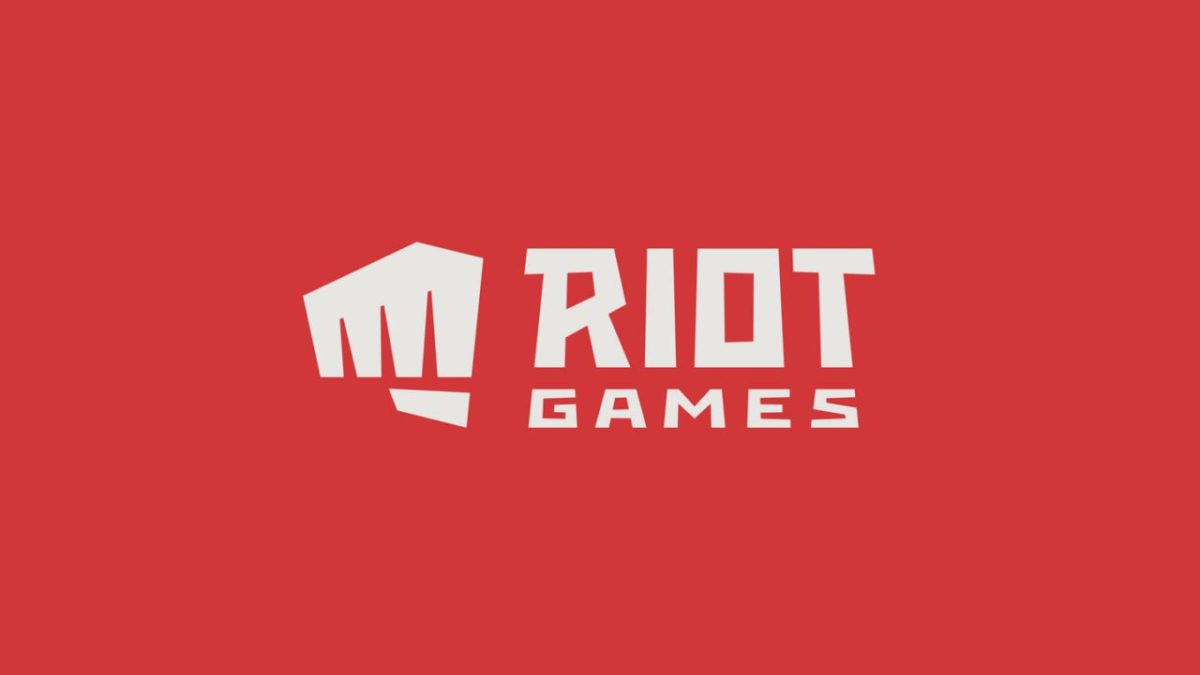Legislation that permits esports betting is widely contested in countries all over the world. Germany, however, hopes to make that a lot easier by a recent motion (note: source is in German) passed earlier this month. The German Green Party played host at a conference on June 11th in their headquarters in Berlin. Naturally, they are hoping to classify esports as a traditional sport. The outcome of these talks would have vast impact throughout the German gaming industry and further legitimize the digital sport phenomenon.
If measures like official esports betting go through, Germany will be following suit with other countries such as Finland, France and the Philippines. It seems to be the future and hopefully, with time, other countries governments will see that this where esports is headed and esports teams need all the help they can get, both financially and otherwise. It doesn’t come without backlash, however. With there being a history of illegal sports betting, it makes it harder to legitimize esports which many officials still don’t fully understand. With proper education, resource and proper positive exposure perhaps they can be made to see that esports is a real sport and a real career for many people. If big brands can get on board then governments around the world should too. It can only make it better and with Germany setting the tone maybe North America will start to take notice. This is a stark contrast to what’s happening with esports betting in New Jersey, where legislation hopes to establish a state-wide ban and unfortunate example for other states to follow.
The epicenter of esports in Europe
When we think about the hub of esports betting in Europe, Germany is the forerunner. The former parent company of ESL, Turtle Entertainment has been producing esports content for about ten years. Europe’s League of Legends Championship Series has always been held in Germany making it the base for many of European esports teams. Green Party chairman Konstantin von Notz noted that, “ It has now reached a tipping point where it has become a meaningful topic to all of society and cannot be ignored”. That is certainly true, esports is being taken more and more seriously then just people playing video games. Once it is recognized officially, all esports teams in Germany could apply for status as non-profit entities, which gives them legal benefits, tax benefits, and open the door to other business perks — a status that has been quite divisive with the ESBD (Esports- Bund Deutschland). Their chairman, Hans Jagnow, stated that “it would be a massive relief, especially for smaller clubs.”
Good on Germany for taking the steps necessary to help the many teams and players. Europe always seems to be one step ahead when it comes to esports regulations so the time is right for us across the pond so to speak to jump in as well. Only time will tell if this becomes a wider trend. It will be interesting to see the final outcome of Germany’s decision and how it will affect other European countries, and who will be next to follow suit.
















Published: Jun 19, 2018 12:32 pm